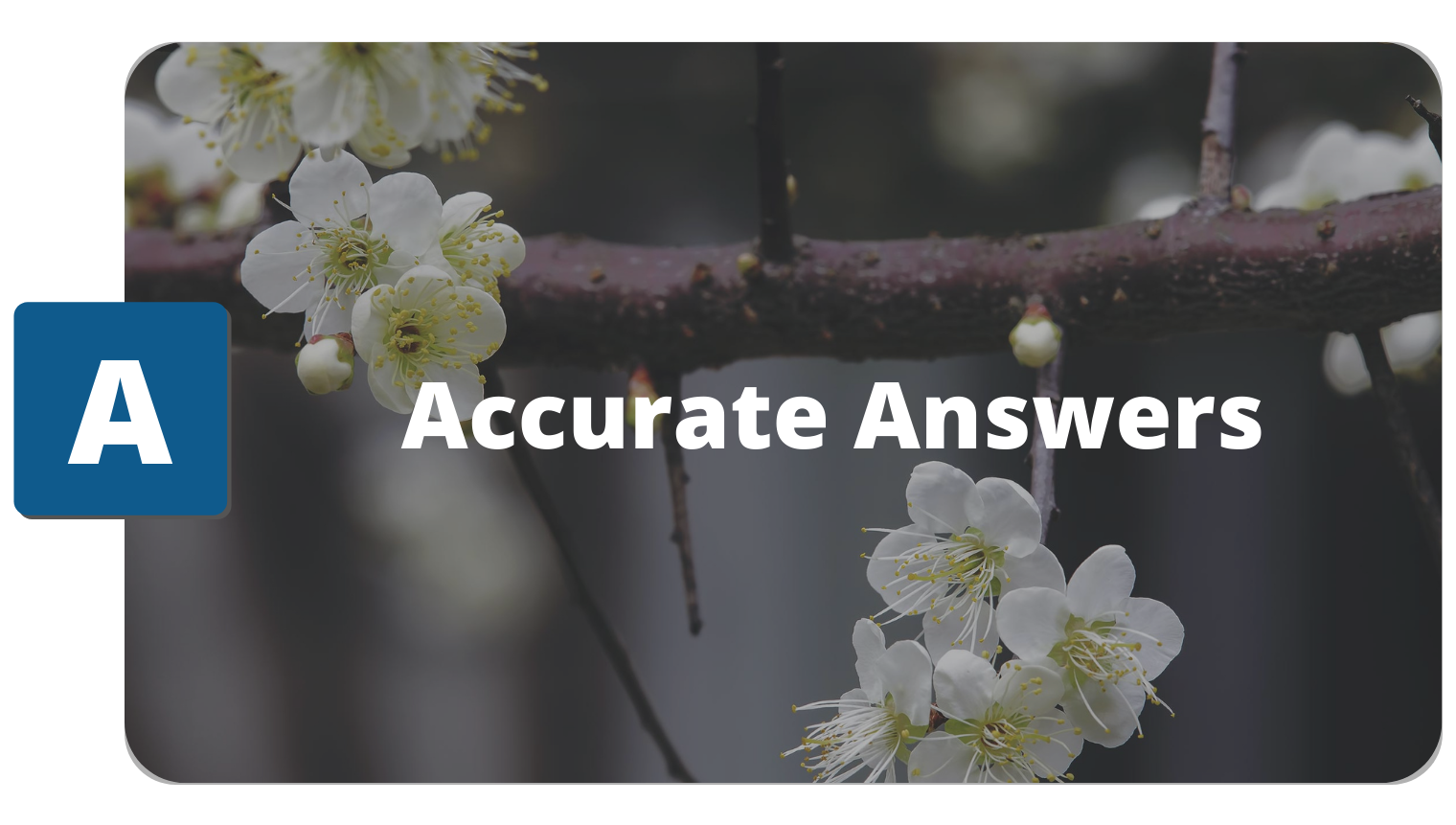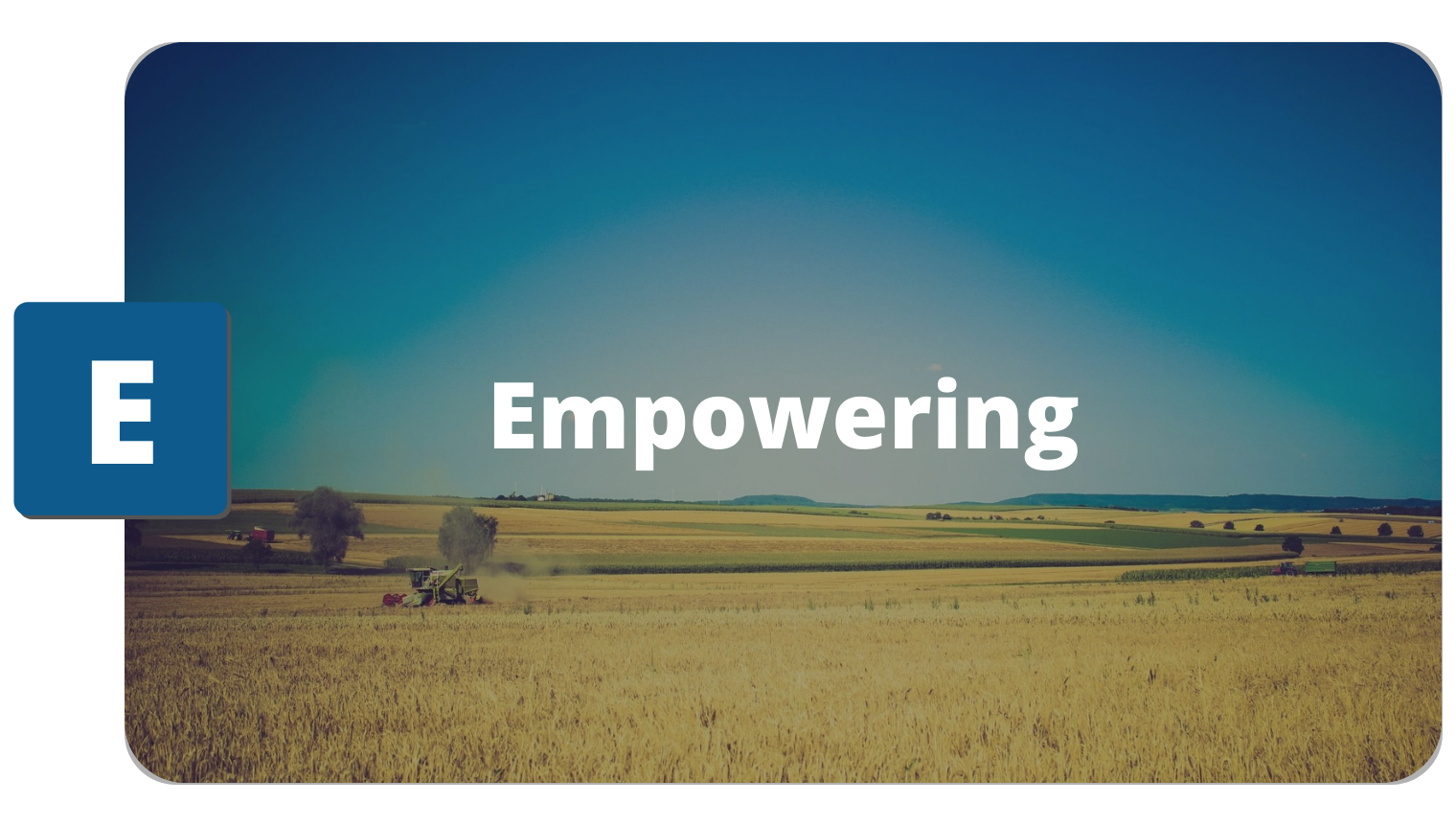PRAISE

"That is a great question, tell me what you know about that?" ‘I’m really pleased you came and checked that with me…’
- Try not to react negatively
- Project a positive and happy attitude to questions about sex and relationships
- This positive attitude continues into their adult life
- Have a laugh
- A negative reaction is worse than an inadequate answer

"The reason we don't say that word to someone is because it is offensive to their way of life..."
- Core of all Sexuality Education and answers to kids questions
- Positive social relationships
- Gives them an ability to manage understand and resolve conflict
- Base all your discussions on respect to others

“Mummy accepted the seed from Daddy’s penis into her vagina, where it travelled up to meet the egg"
- We often joke to avoid the embarrassing truth. Don’t avoid it
- Use real terminology – bottom, penis, vulva and vagina , testicles. Normalise words
- Gives a vocabulary they can use in any situation – child or adult (prevention of sexual abuse)
- Starts conversation for future

"Our family belief is that…" Or "Other ways a baby can be born are..."
- Give additional more detailed information if it is relevant to the topic
- Explain your expectations, values, beliefs
- They need to know what is expected and appropriate
- Otherwise they will form their opinions from the School yard or unsupervised internet

"There are many types of families, her family has two mummies who love each other…and her dad lives-in a different house..."
How much to give? Keep the answer simple brief and factual, only what they ask for. They will ask for more if they want it.

"If something appears on the screen that you should not see, turn the iPad over and come and get an adult" or "You can say to your mates - searching 'boobs' on the internet is boring let's look up goal of the year instead," ...then come and tell me about it when you get home
- Give solutions i.e.…. Turn off the screen, press the back key. If it does not feel right …. Its ok to say no
- Confidence in developing their own values and believes
- Gives them other behaviour options
- Remind them: ‘You can ask/tell me anything…’

